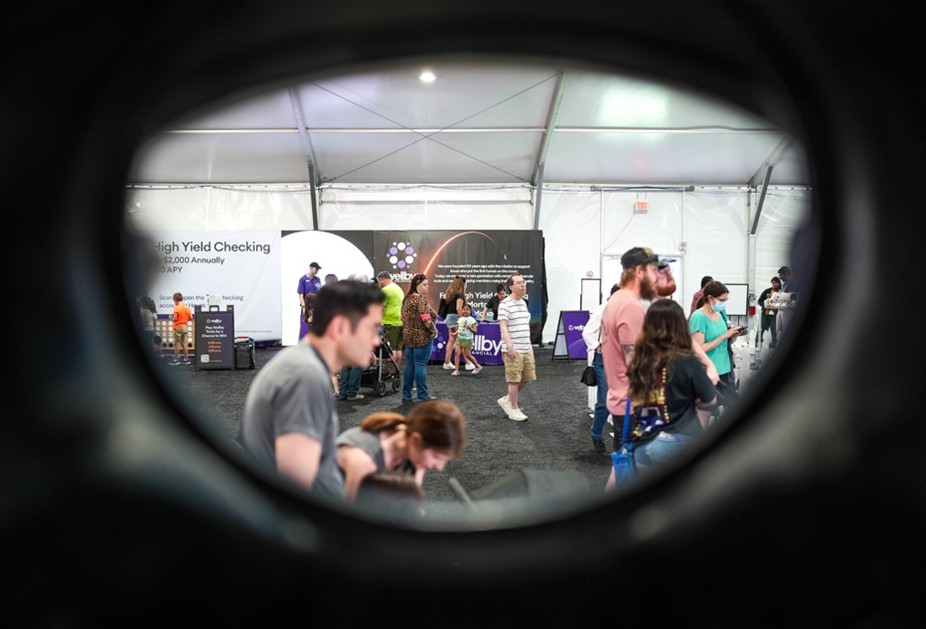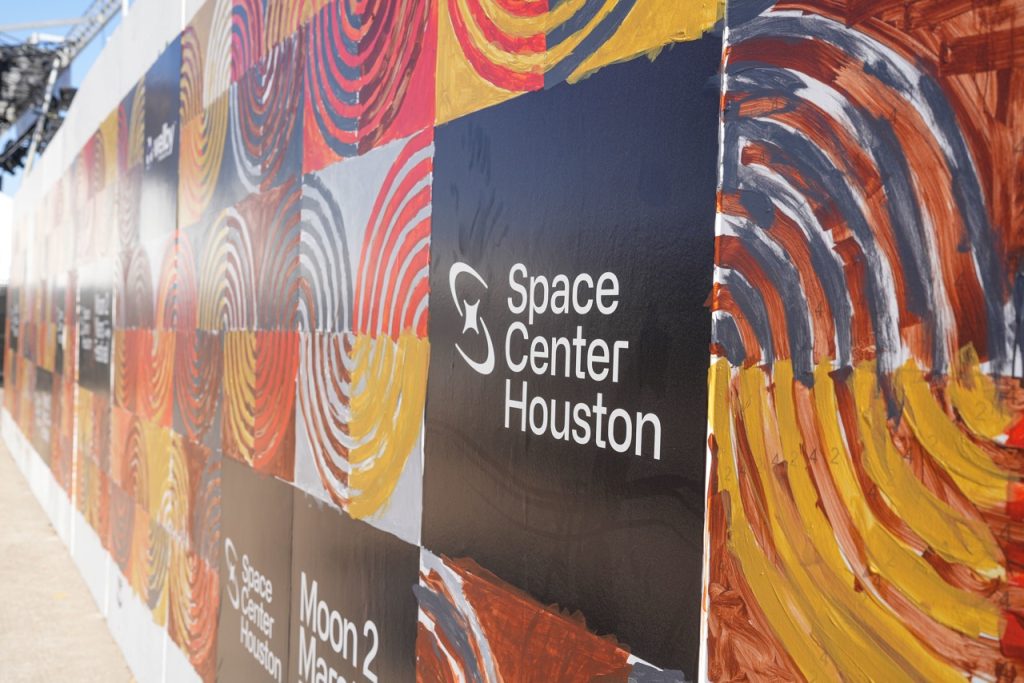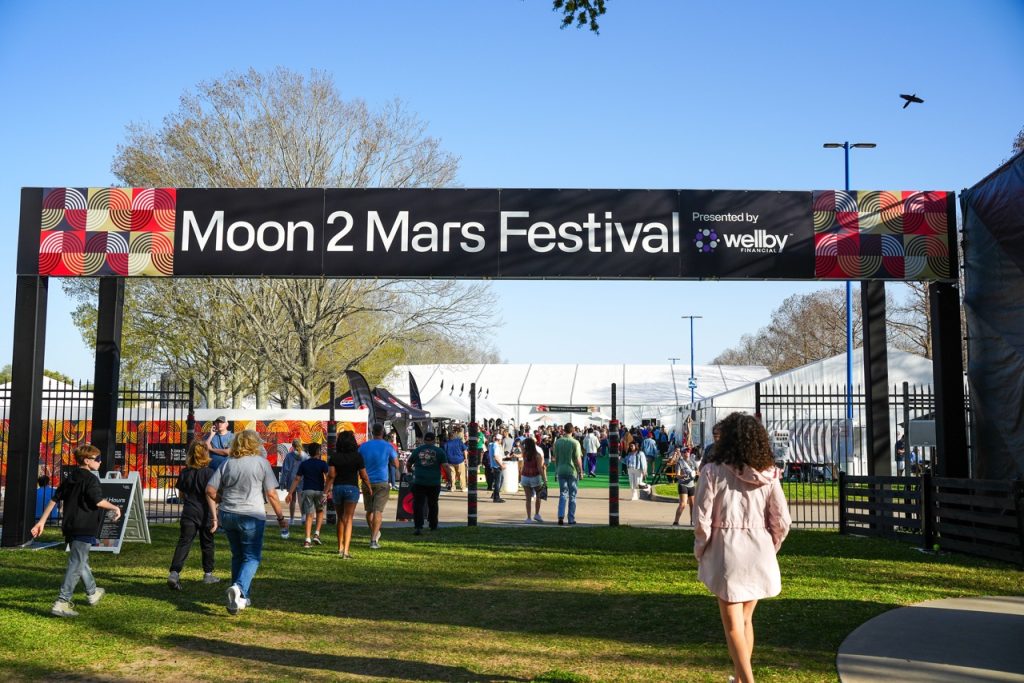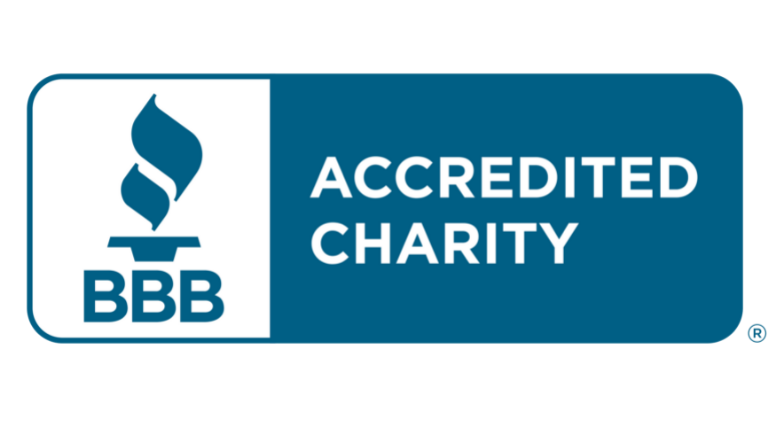In our January Thought Leader Series, presented by The University of Texas Medical Branch (UTMB), a panel of experts will discuss NASA’s Perseverance Rover scheduled to land on Mars Feb. 18.
About the rover
The Mars 2020 rover, Perseverance, is based on the Mars Science Laboratory’s Curiosity rover configuration. It is car-sized, about 10 feet (3 meters) long, not including the arm, 9 feet (2.7 meters) wide, and 7 feet (2.2 meters) tall. But at 2,260 pounds (1,025 kilograms), it weighs less than a compact car. In some sense, the rover parts are similar to what any living creature would need to keep it “alive” and able to explore. Perseverance launched on July 30, 2020 on an Atlas V-541 rocket from Launch Complex 41 at Cape Canaveral Air Force Station, Florida. It is scheduled to land on Mars on Feb. 18.
About the panel
Panelists include Kim Steadman, Dr. Sarah Milkovich, and Dr. Farah Alibay.
Steadman is a spacecraft systems engineer at NASA’s Jet Propulsion Laboratory (JPL). She received her Bachelor of Science and Master of Science in Aerospace Engineering from Georgia Tech. In her over 16 years at JPL, she has worked on several different projects including X2000, Mars Exploration Rover Mission, Cassini-Huygens Mission to Saturn and the Mars Science Laboratory Curiosity Rover.
Milkovich is a science systems engineer at JPL. She received her Bachelor of Science in Planetary Science from California Institute of Technology and her Master’s degree and Ph.D. in planetary geology from Brown University. She has experience with science planning and operations for landed and orbital spacecraft, as well as geomorphology and planetary science research. Milkovich has worked as an investigation scientist on the High Resolution Imaging Experiment (HiRISE) on the Mars Reconnaissance Orbiter, as well as the Ultraviolent Imaging Spectrograph (UVIS) on the Cassini spacecraft.
Alibay is a systems engineer at JPL. She received her Bachelor’s degree and Ph.D. from Massachusetts Institute of Technology (MIT) and her Master’s degree from the University of Cambridge, all in in aerospace, aeronautical, and astronautical engineering. As a systems engineer, Alibay helps design the initial spacecraft by helping the different subsystem experts (e.g.: thermal, telecommunications, power) collaborate while keeping within the launch vehicle and spacecraft capability. She has served as a payload systems engineering on the InSight Mars lander and she worked on a solar mission to Saturn aiming to look for life at Saturn’s Moon Enceladus.







